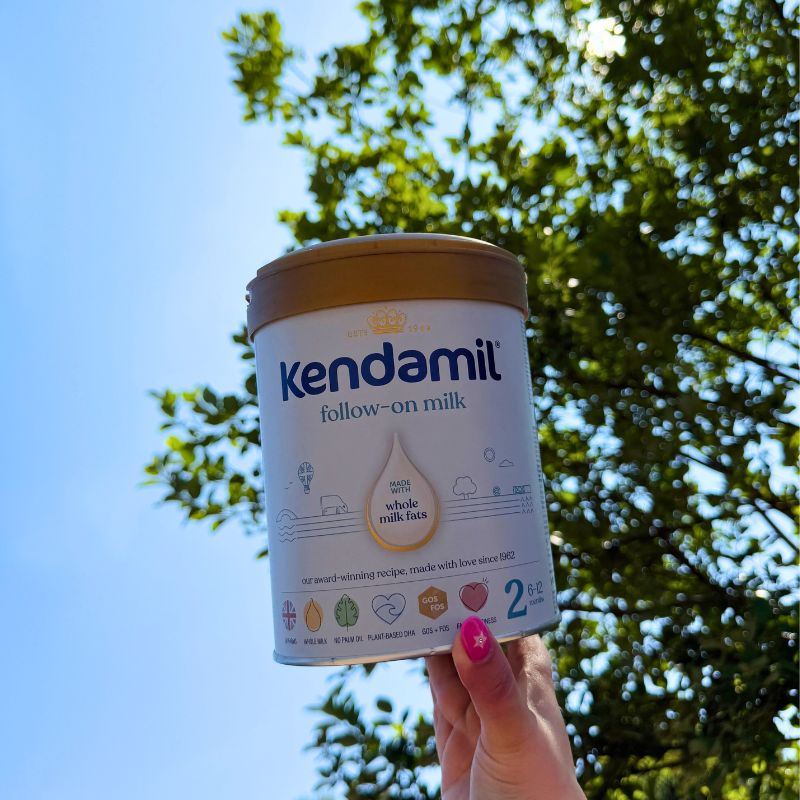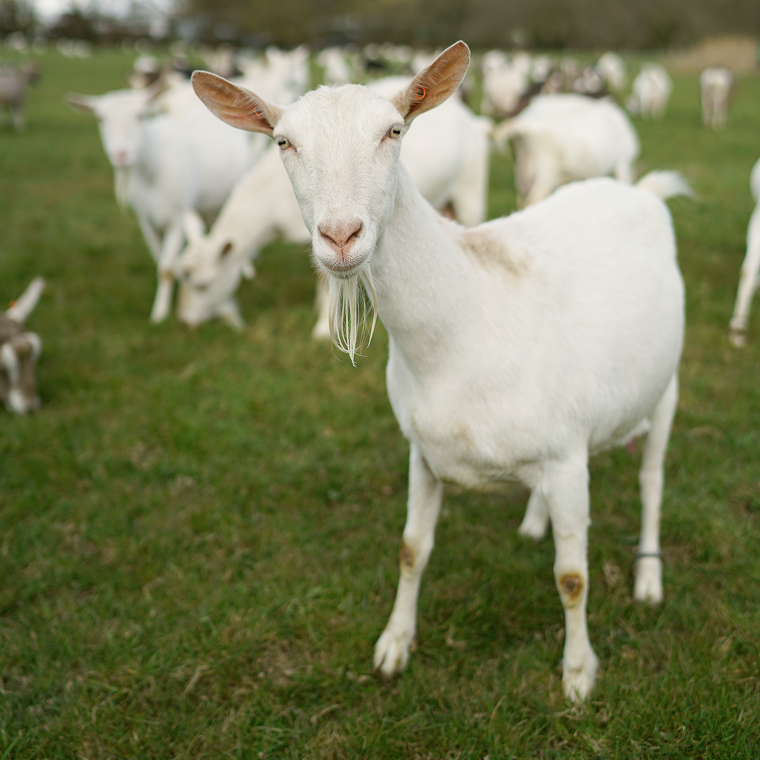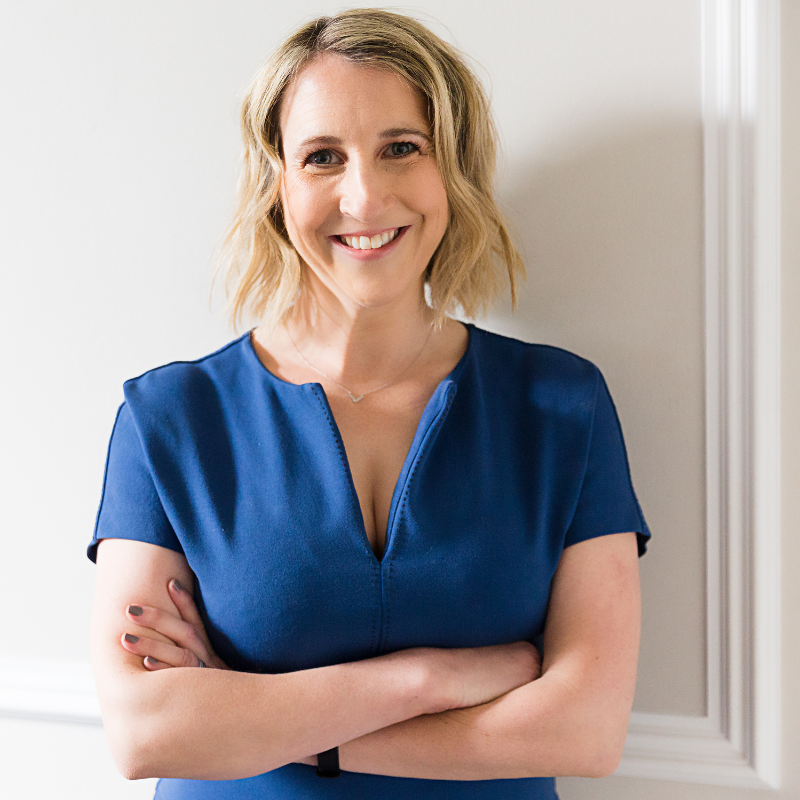Our insightful Family Psychologist Anjula Mutanda spotlights ‘comparenting’ — the habit of comparing yourself to other parents — with reassurance and pearls of parenting wisdom to help you alleviate any worries and enjoy the goodness in raising a child.

As wonderful, exciting and joyful as it is to have a baby and raise a family, there are times when it can feel challenging and daunting. As a loving parent, it’s natural to worry that you aren’t getting things right. You’re only human. In turn, you may engage in ‘comparenting’ — the habit of comparing yourself to other parents to see how you measure up. Sound familiar? You’re not alone. Our research shows that four in five British mums comparent, with new mothers hardest hit.
Comparison is a natural, human response (to an extent)
It’s completely normal to compare yourself to other people. Comparison can be a useful strategy to help you gauge how you’re doing in relation to others in a similar position. It can offer validation that you’re on the right lines and you may learn tips along the way.
However, comparison can escalate into obsession. Comparing yourself and / or your parenting skills to others constantly and fixating on (what you perceive to be) your flaws can be detrimental to your health.
If your inner critic won’t quieten, please be kind to yourself. Raising a child is a huge responsibility and its human nature to doubt whether you are doing a good job, especially in stressful times — like being a new mum in a pandemic! Because let’s face it, a global crisis throws its challenges at the strongest of people. Parenting mostly (if not entirely) in lockdown — without invaluable sources of support like baby groups and frequent facetime with your loved ones — is no mean feat. You’ve come so far.
Spotting the signs and identifying the triggers
Here are the signs and triggers that healthy comparison has turned into negative, crippling emotions:
1. Fearing criticism from other parents
Our research shows 39% fear their friends are their biggest critics. This can cause you to withdraw from your circle of support as the worry that you’re being negatively judged by others takes hold. Mums fear being judged for ‘public temper tantrums’ (40%) the most, followed by ‘what food they’re feeding their child’ (39%) and ‘how many activities they do with their child’ (37%).
As the world re-opens, pressure to compensate for lost socialising time and introduce your baby will naturally ignite fresh insecurities. This may cause avoidance behaviours like declining invites out or reluctance to open up about personal struggles for fear of criticism. Ultimately, you can’t control what others think and you’ll never know for sure. It’s vital to remember that your thoughts are thoughts, not reality.

2. Engaging in negative self-talk
Negative self-talk can seriously dent a parent’s self-confidence about how they are raising their child. Preoccupation with negative thoughts can drain energy, increase anxiety and affect mood, sleep and other relationships.
Putting yourself down and believing that other parents have mastered raising children and are doing so much better than you are key signs that you are in the grip of negative self-talk.
You may find yourself entering a scroll-hole on Instagram and scrutinising photos of ‘perfect’ parents. You might observe how mums at the school gates interact with their little ones or feed. While 43% of mums compare themselves to ‘their own vision of the perfect parent they dreamed of being and the same amount ‘school or nursery parents’, it’s those closest to us — ‘friends who are parents’ — who unwittingly induce more angst than anyone else (60%). So, the self-sabotaging habit of ‘comparenting’ poses a risk to friendships too — and our support networks are a lifeline in parenthood.
3. Worrying that family and those closest to you think you aren't doing a good job
Over a third of the mums we surveyed deem their mothers-in-law their biggest critic and, sadly, nearly a third fear judgment from their own mum.
Feeling negatively judged by family members can add an extra layer of frustration and anxiety to an already challenging time. Notably, 83% of new mums raising the ‘Coronnial’ generation (babies born in lockdown) reckon their parents had it easier. Stirring feelings of resentment can cause friction. Again, this may trigger avoidance behaviours where you don’t wish to confide your feelings.
However, lockdown may have left you feeling insulated by less frequent interactions with friends and family. As restrictions lift, now may be a good time to assess any relationships where there’s friction. Feel confident in the job you’ve been doing while these connections have been fragmented and set some boundaries moving forward – don’t let their negativity back in.

Six steps to overcome comparenting
The good news is that you can overcome comparenting by taking control and following these practical steps:
1. Create a positive social circle
If you find that there are friends in your social circle who are critical of you, or perhaps making unwarranted comments about what you're doing — for instance judging how you feed or hold your baby — it’s time to put a stop to that.
Choose instead to surround yourself with people who are supportive and positive. This could be a combination of online support groups, friends and family.
2. Talk it out
Don't suffer in silence. It’s one of the realities of parenting to find coping with a new baby really challenging at times. It can sometimes feel difficult to pinpoint exactly how you are feeling if you are overwhelmed. Confide in your partner, a trusted friend or relative about what you've been experiencing.
Oftentimes just having another person to talk to can make a difference. A problem shared is a problem halved; saying your worries out loud gives you the headspace to re-set your thinking. They will sympathise with the pressure you’re under and offer perspective.
3. Take control of your social media usage
Limit how much time you spend on social media. If looking at other parents' curated, glossy posts is making you feel worse, then you can choose to stay off social media. The reality is: nobody is perfect. It’s normal to feel stressed and anxious as a new parent. Feel assured that the mums you admire or comparent against will most likely be experiencing the same insecurities as you… they just won’t broadcast it.
4. Prioritise self-care
Factor regular me-time into your busy schedule. Parenting is selfless, but it’s vital to make some space to take care of yourself. Do whatever makes you feel good — a relaxing bath, watching your favourite TV programme or a short stroll around the block will work wonders on your mood. Then when baby sleeps, you sleep. Rest is vital for your mental and physical health.
5. Enjoy your baby
Have fun with your little one. Cherish every moment of these precious years where they adore and depend upon you. Embrace the many positives of parenting, like your child's “firsts.” A silver lining to lockdown is that you can enjoy many of those, plus see their lovable personality traits begin to blossom.

6. Seek expert support
If you're struggling, feel overwhelmed or have noticed ongoing feelings of worry, please don't feel embarrassed. Speak to your GP for judgement-free support and a clear diagnosis. If you're experiencing symptoms of post-natal depression or post-natal anxiety, your GP can also refer you to a therapist. CBT can give you the tools to change the thinking and behaviour patterns that trigger anxiety, helping you to conquer negative thought patterns. If you’re nervous about going to therapy sessions because you don’t have childcare in place, fortunately many therapists now offer home consultations via ‘teletherapy’.
Comparenting is serious enough to threaten mental wellbeing. Modern challenges like social media and the hugely impactful effects of the pandemic are a potent pairing. Crucially though, you can and will get through this. Remember: there is no parenting rulebook — everyone is different, so do what works best for you and your baby. Forge your own parenting path and you’ll find fulfilment at every step.
Important Notice: Breastfeeding is best. Kendamil Follow-on milk is only for babies over 6 months, and should be used as part of a mixed diet. Please talk to your Healthcare Professional.

















